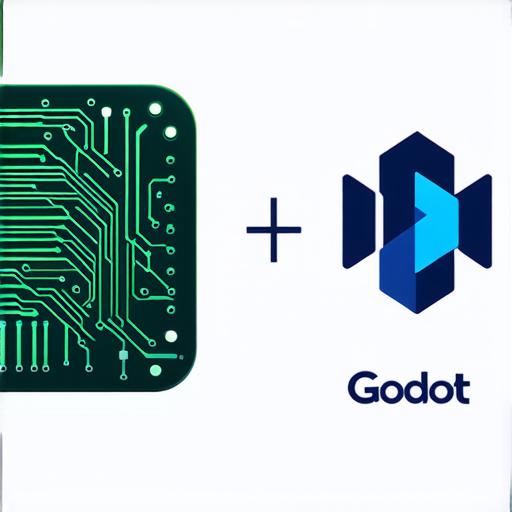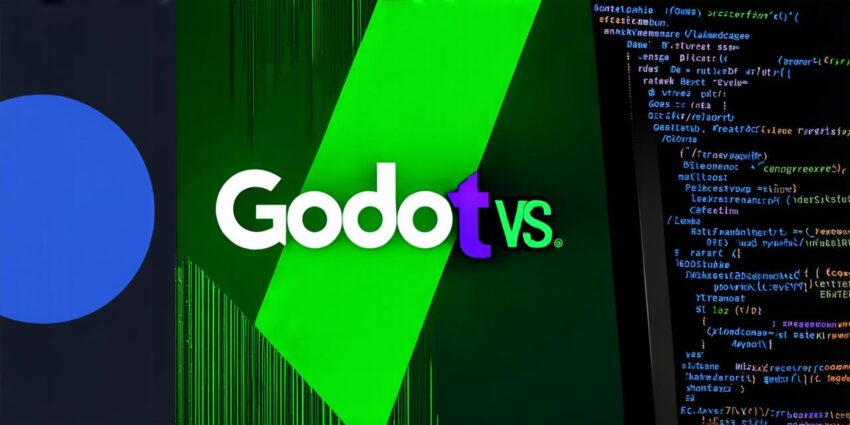Godot and Unity are two of the most popular game engines on the market today.
Both engines offer a wide range of features and tools for creating games, but they have some key differences that set them apart. In this article, we will explore the similarities and differences between Godot and Unity and determine if they are comparable.
Features
Godot
Godot is an open-source game engine developed by Epic Games. It was released in 2014 and has since become a popular choice for indie developers. Some of the key features of Godot include:
- Cross-platform support: Godot supports a wide range of platforms, including Windows, Mac, Linux, iOS, Android, and web browsers.
- Scripting: Godot uses its own scripting language called GDScript, which is similar to C and Java. It also supports other popular programming languages like Python and JavaScript.
- 2D and 3D game development: Godot supports both 2D and 3D game development, with a range of tools and features for each.
- Physics simulation: Godot includes a built-in physics engine that can simulate a wide range of physical effects in games.
Unity
Unity is a popular game engine developed by Unity Technologies. It was first released in 2008 and has since become one of the most widely used game engines on the market. Some of the key features of Unity include:
- Cross-platform support: Unity supports a wide range of platforms, including Windows, Mac, Linux, iOS, Android, and web browsers.
- Scripting: Unity uses its own scripting language called C#, which is a popular programming language used in game development. It also supports other popular programming languages like JavaScript.
- 2D and 3D game development: Unity supports both 2D and 3D game development, with a range of tools and features for each.
- Physics simulation: Unity includes a built-in physics engine that can simulate a wide range of physical effects in games.
Comparisons
Similarities

Despite some key differences, Godot and Unity share many similarities. Both engines support cross-platform development, meaning you can create games for multiple platforms with a single codebase. They also both offer tools for 2D and 3D game development, with robust physics simulation capabilities.
Differences
Despite their similarities, Godot and Unity do have some key differences. One of the biggest differences is the scripting language used in each engine. Godot uses its own scripting language called GDScript, which is similar to C and Java but has a steeper learning curve for developers who are not familiar with it. Unity, on the other hand, uses C# as its primary scripting language, which is a popular choice among game developers.
Open-Source vs Proprietary
Another key difference between Godot and Unity is their focus on open-source development. Godot is an open-source engine that is free to use, modify, and distribute. This makes it a popular choice for indie developers who want more control over the development process. Unity, on the other hand, is a proprietary engine that requires a license to use.
